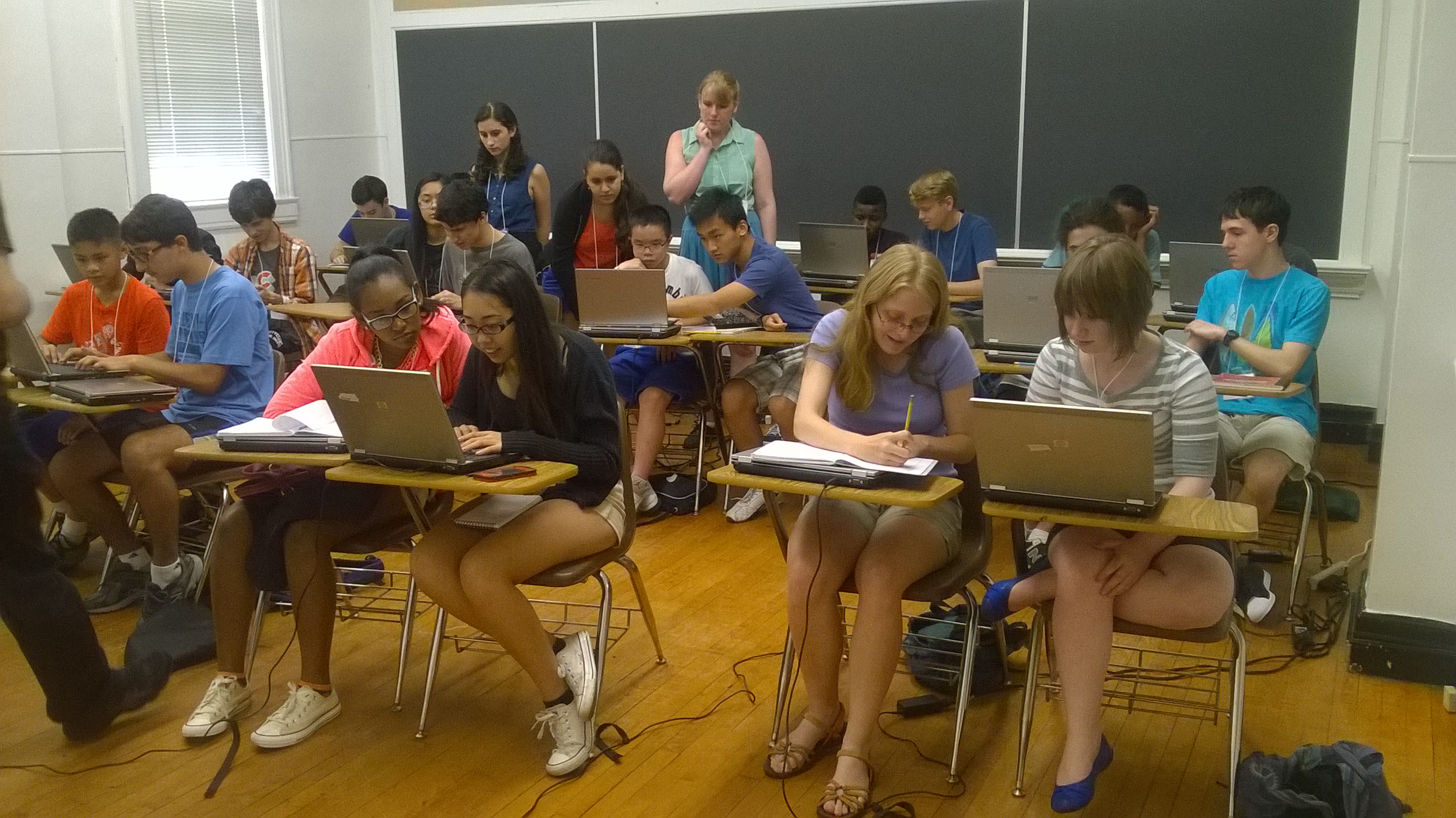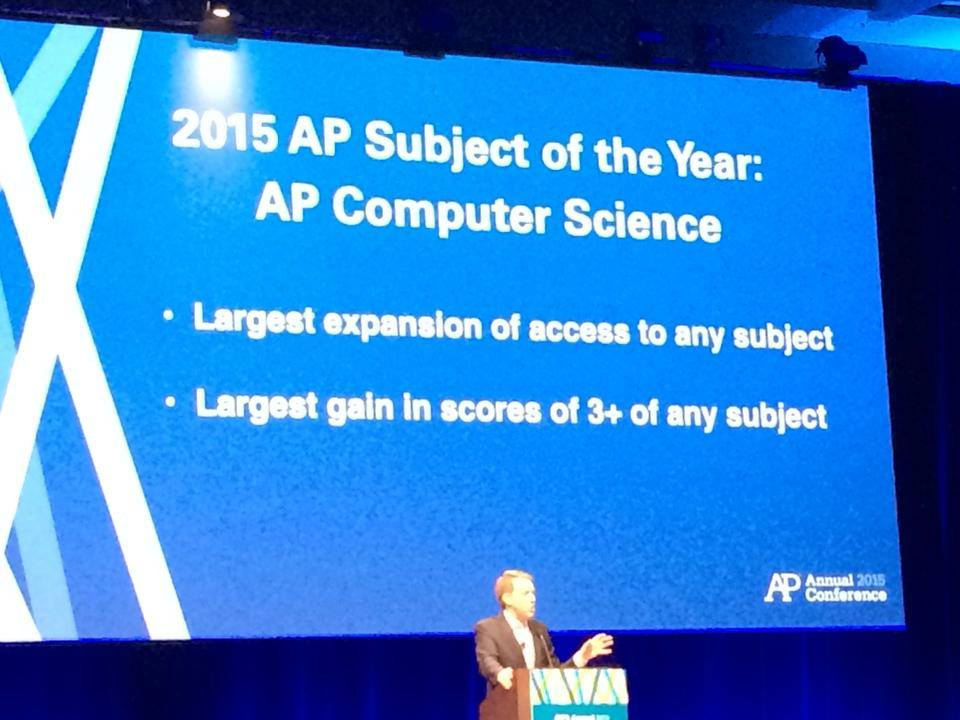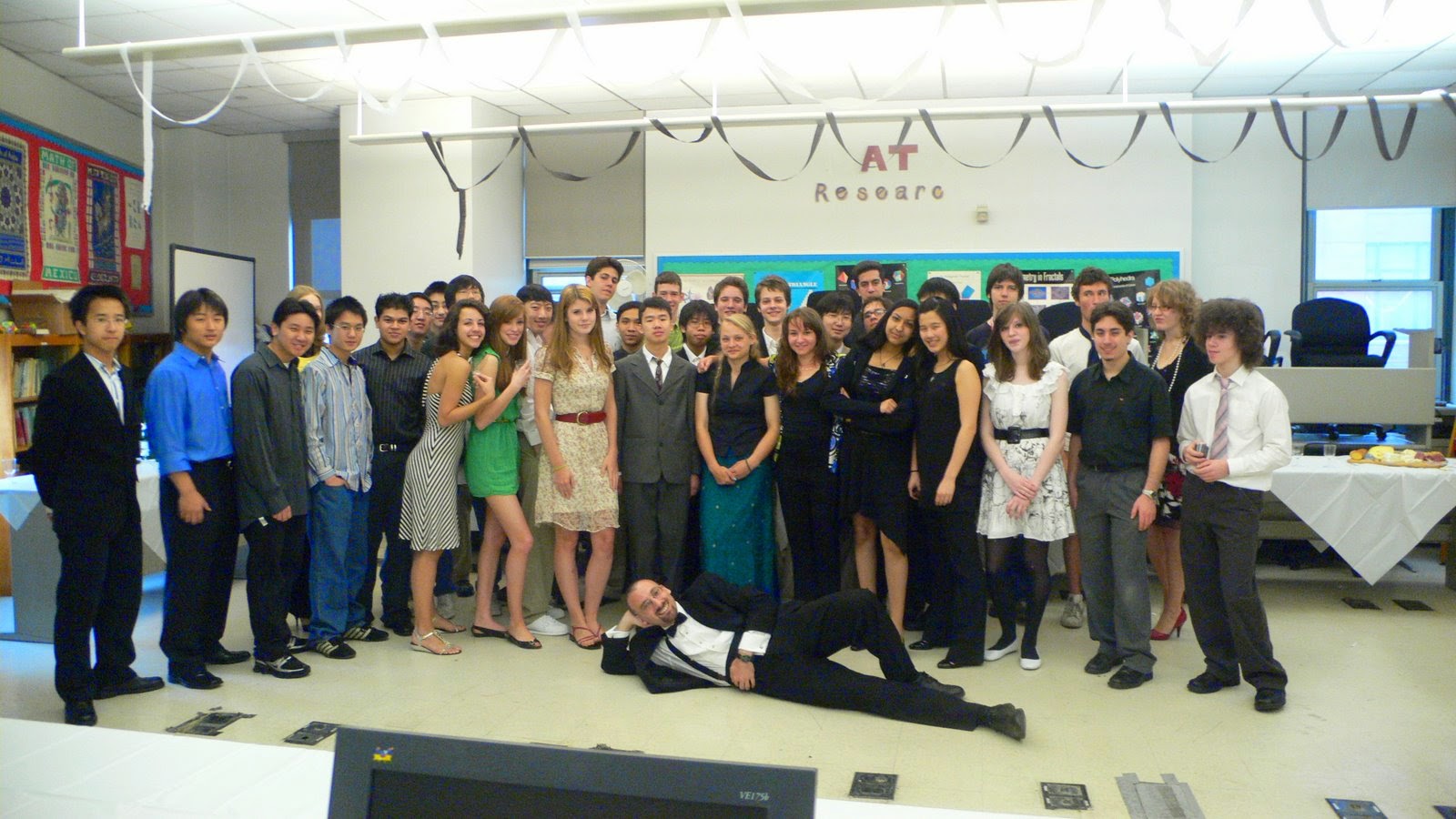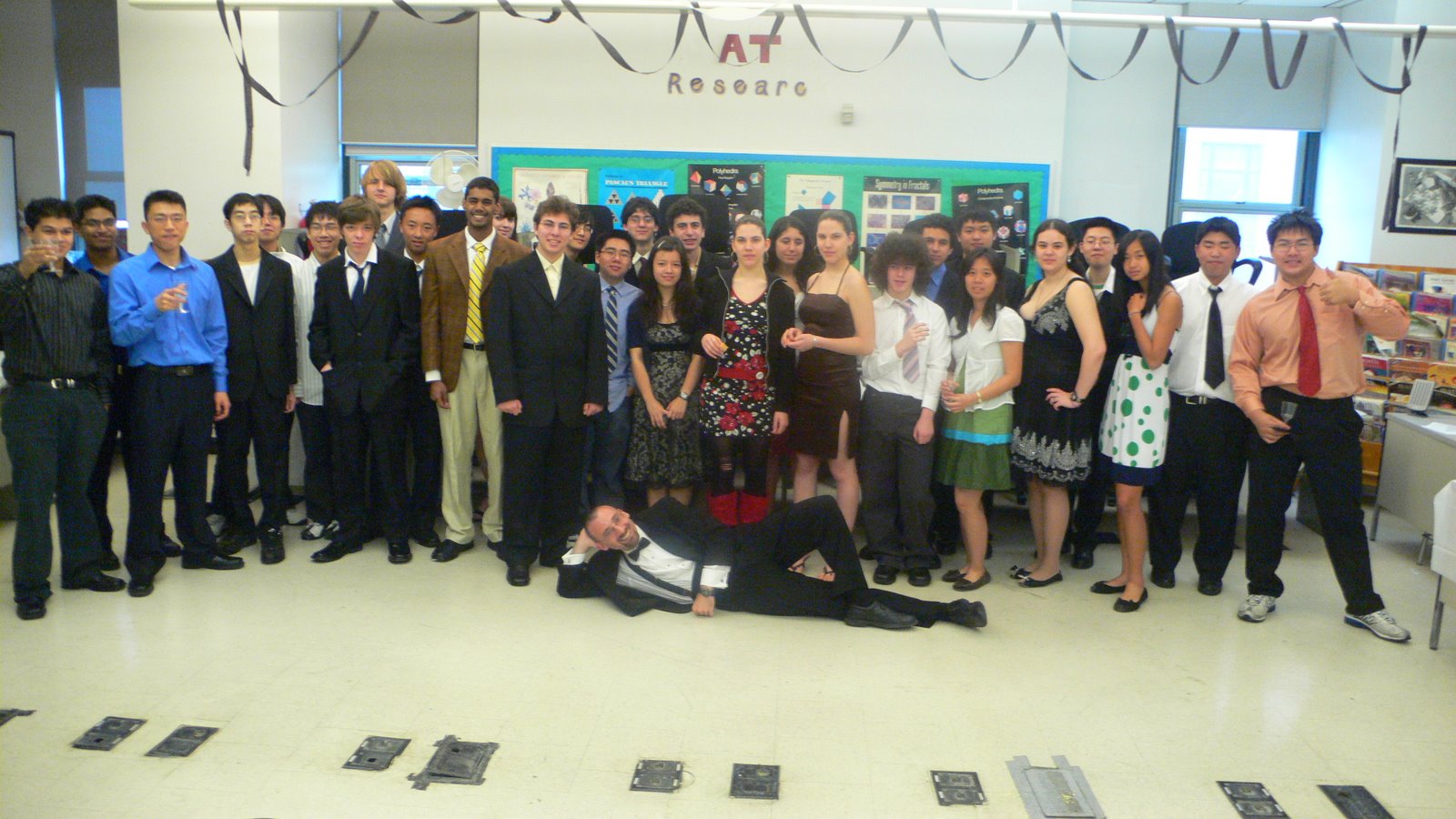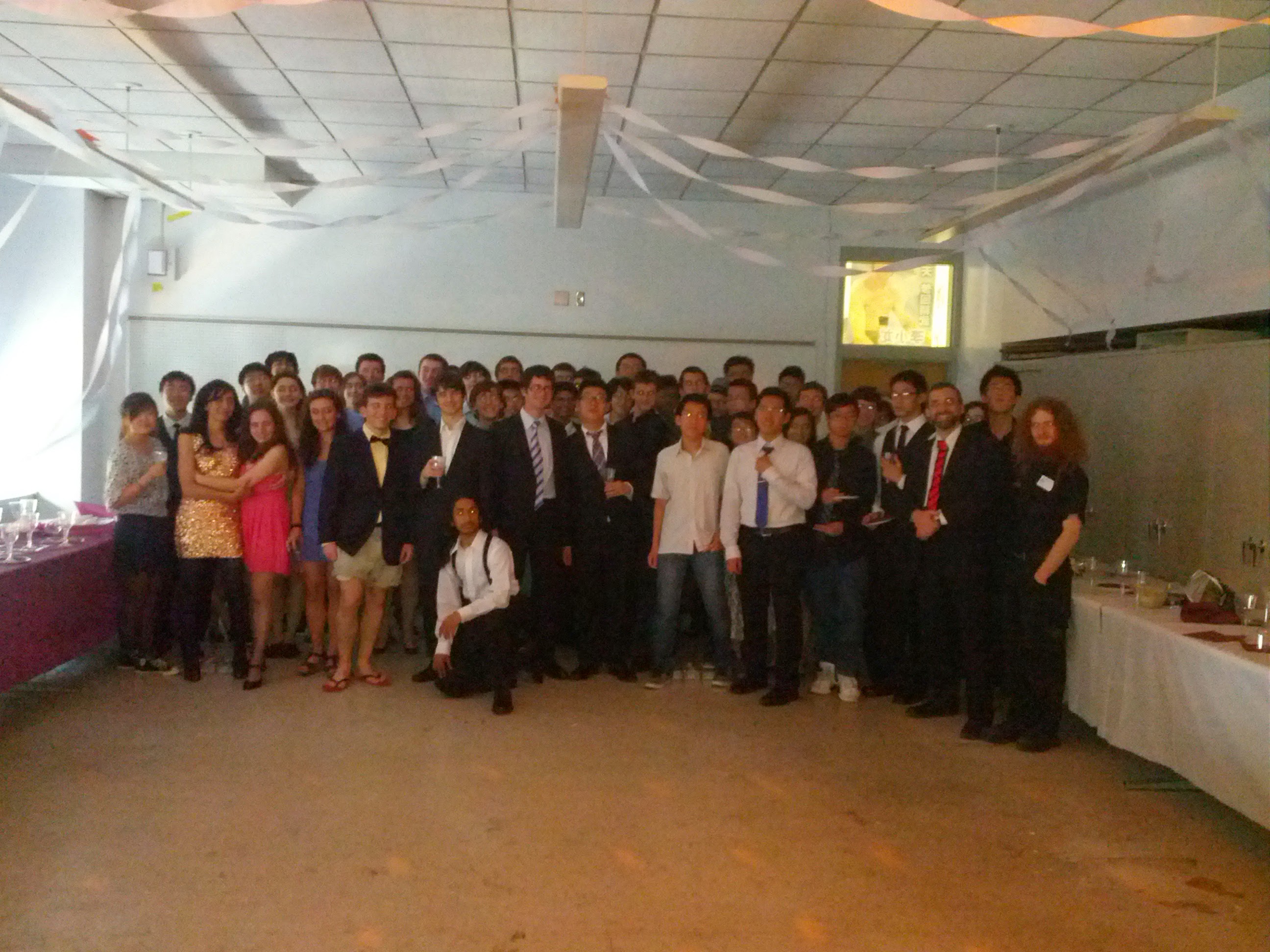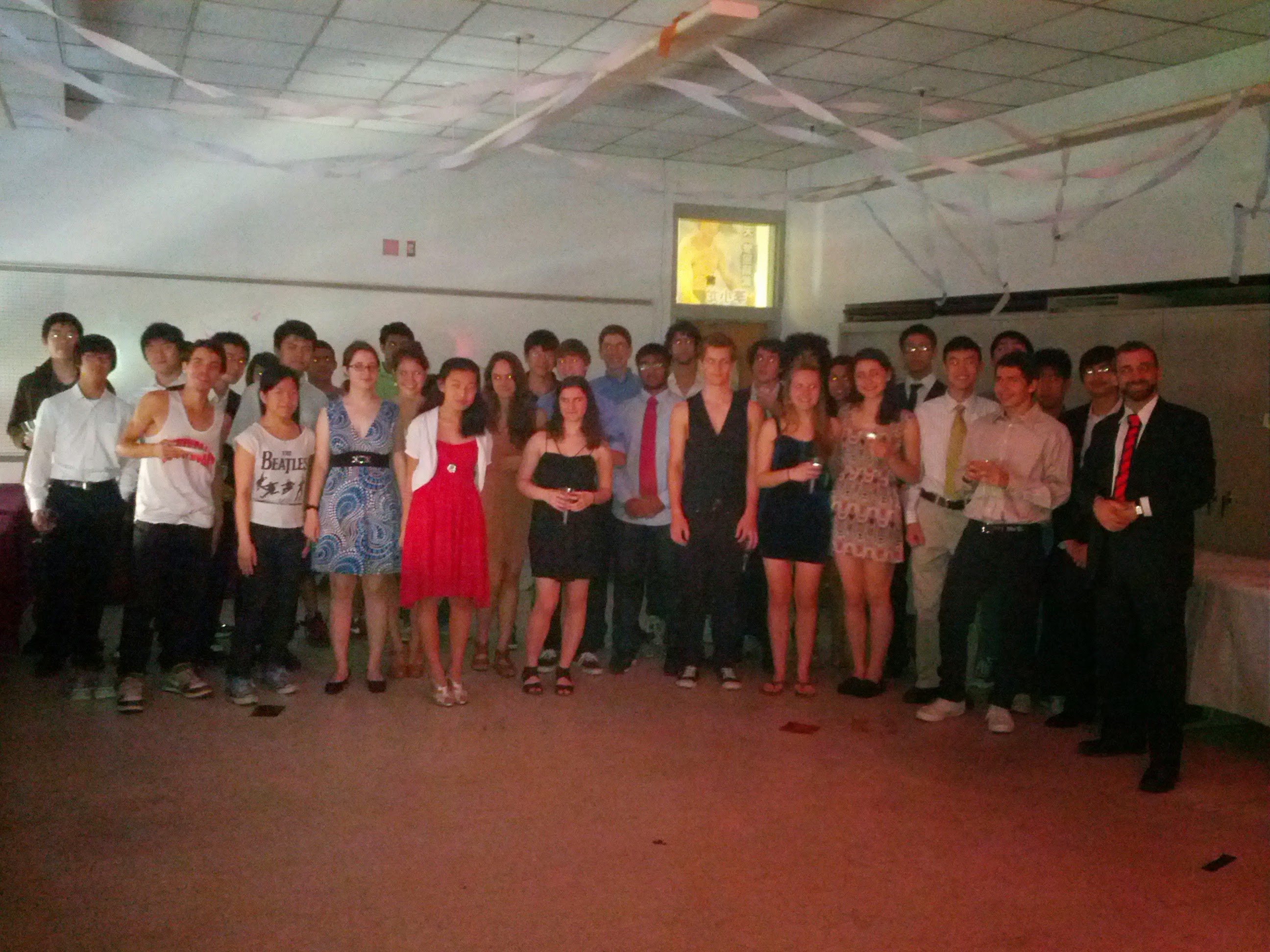Why I have no faith in NYC Doing CS Ed right.
This post is in response to an email thread on the NYTM mailing list. I mentioned how the NYC DOE refused to even look at our program at Stuy let alone support us and help us get to more kids.
Rather than pollute an email thread, I said I'd write up the story here.
I've been at the CS Ed game for a long time. Twenty five years to be exact. One of my biggest frustrations and failures is that I've never been able to gain the support of the NYC Department of Education in my efforts. Likewise, the only time I've truly had the support of my school's administration was during a brief period in the mid to late 90's.
My experiences have led me to believe that as CS Ed continues to gain momentum I have no faith in NYC actually doing it right.
Let me go through my experiences with the DOE over the years.
I won't use real names for either those who've supported me or those who've been obstructionist.
Here goes.
Some background
I'm generally considered to be pretty good at what I do. There are those that refer to me as the "Godfather of CS Education in NYC." Others refer to my graduates as the "StuyCS mafia" - a reference to the fact that my graduates can be found all over the tech industry.
Some people dismiss the Stuy program as being a product of the school but we can produce evidence to the contrary.
I've heard from enough people in the tech industry and academia to know that we've built something special.
Even though I started to try to get the DOE's support shortly after 2001 and Stuy's support for my entire career, I really didn't make serious attempts to connect with the DOE until the mid Bloomberg years.
The later Bloomberg Administration 2005 - 2012
At this point, we had an established three year program at Stuy and we had been around long enough to produce results.
I started to try to connect with the DOE to get them to come down and look at our program - vet us - and then hopefully help us get to more schools, more teachers, and ultimately more kids. I implored my principal to help, cold emailed the chancellor, emailed and called up the chain of command and at one point, my graduates wrote a letter to the DOE and Mayor's office with hundreds of signatures.
I was able to secure a meeting or two at Tweed but nothing ever came of it. The people I spoke to had their own agenda - they weren't tech people and frequently not educators and were more looking to see if I could be used to push their agenda.
I also pitched a school but that went nowhere.
A little later, people in the tech industry pushed the DOE to look at what I was pitching.
A school was ultimately created but as soon as the tech community was on board and the announcement was made, I was frozen out of the process. The school went in a direction very different from what I was pushing and I was told in no uncertain terms that I was to keep quiet about the whole thing. Some of the story was written up in the NY Times.
A little later, with the help of the tech community, we pitched setting up Stuy as an official CS program (we're officially just math teachers) and use us to train new teachers and to roll out programs.
When the tech people were in the room, my principal and the DOE Deputy Chancellor were very supportive. As soon as the tech people left, I would get bounced around. The DOE would say "it's the principal's decision" and my principal would say "I wish we could do something but there's no pathway in the DOE to get there."
In the mean time, the DOE hired someone to run CS Education (something I was told was not going to happen). He designed New York's original Software Engineering Pilot. Looking at the guy's linkedin showed that he had never had a teaching job nor a programming job. It shows from what he developed. He parlayed this position to something at Google a few months later.
I reached out to him a few times - encouraged him to check us out - nothing.
And now
Since then other people have been running CS at Tweed. I have yet to see someone with a both a strong CS and teaching background in charge.
I have also repeatedly reached out to the people in charge.
Nothing.
My thoughts
It doesn't seem to matter who's running the show. We've got a great program running in a public school in lower Manhattan and everyone seems to know it and acknowledge it except the DOE.
Instead the DOE would rather take people with little or no experience and have them try to figure this all out on the fly.
I just don't see it ending well for the kids.
I've said it before - we will have CS in the schools but except for a pocket here and there, it won't be good CS.
